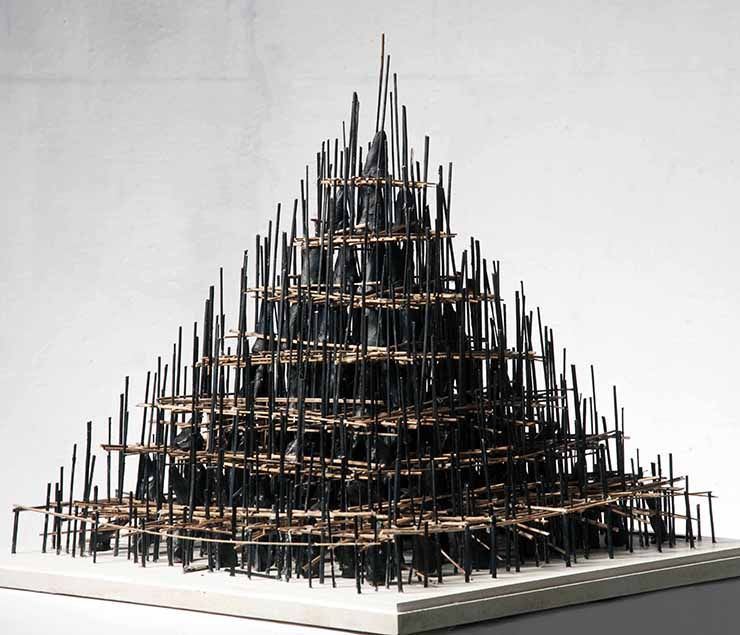Ultrahabitat
29/04/2016 - 31/07/2016
Zilberman Gallery is pleased to announce its inaugural exhibition in Berlin, Ultrahabitat, featuring works by Heba Amin, Burçak Bingöl, Azade Köker, Şükran Moral, Imran Qureshi and Walid Siti, on the occasion of Gallery Weekend. With a proven track record of eight years in Istanbul, Zilberman Gallery is looking forward to its next chapter in Berlin.
If we accept the assertion that people's identity is inevitably not only physically shaped by the very architecture of their locale, but also psychologically by their diverse sets of cultural values, we have to accept the fact, that especially city life is first and foremost heterogeneous, if anything.
Especially in an increasingly globalized world, governments, therefore, are facing difficulties to assert control over decidedly diverse populations, thus being faced with a social state of hybridity. In order to maintain social order, and to exercise social control, a plethora of socio-political measures are implemented, which often defy the very hybridity, which is at the foundation of city life.
The German-American philosopher, sociologist, and political theorist Herbert Marcuse and his concept of repressive desublimation, emphasize that postwar mass culture and the power of the media, especially when state-run, serves to reinforce political suppression, while laying the foundation for social unrest. As a result, a populace finds itself trapped in an environment that negates today's ever-changing ways of life, which are as manyfold as a locale's populace.
Heba Y. Amin creates drawings which may be understood as an antithesis to a desired dwelling. Rather than being inspired by architecture, they represent a decidedly dystopian aspect prevalent in abandoned houses, and certain cityscapes in general. Amin's use of the opposing colors Black and White serves to accentuate how failed architecture can psychologically impact people's every-day lives.
Burçak Bingöl challenges the viewer's traditional perception of an object. Her objects oscillate between the purely decorative, and the useful. With ornamentation playing an important role in her overall œvre, Bingöl's works have an allure that is derived from an inherent power of attractiveness, thus luring the viewer into thinking that they are something other than what they are culturally vested with.
Azade Köker's works comment on the state of the individual , and on the relationship of the individual with nature and city life. Often alluding to fragmented cultures and identities, both in cities and countries as a whole, her paintings are never mere representations of nature, but rather transcend nature as a one-dimensional state. They are a plea for multi-dimensionality with the tree often being a symbol for a nature-like, fluid state.
Şükran Moral's performances are criticism of patriarchal societies and conventions, as well as governmental control mechanisms. Struggling to choose freely in which country to live, migrants resort to solutions, such as marriage that have a profound influence on their future life, in order to obtain a permanent resident status. Often tongue-in-cheek, and sexually provocative the viewer is invited to reassess the process of emancipation.
Imran Qureshi's approach is rooted in Mughal miniature painting. What is originally derived from Arabic script, ultimately grows into more abstract forms. Qureshi develops narratives informed by his life in Pakistan amid martial law and social unrest. His trademark staining and slithering marks have the allegorical mimicking another reality that is ultimately beyond the viewer's grasp.
Walid Siti, a three-time Venice Biennial participant investigates the collective memory in society. His work is informed by socio-political realities like war, migration, exile, as well as politics. Assessing the symbolic role of natural landscapes and landmarks, he develops shapes, as well as referencing shapes of nature that echo the tragedies of humans under the influence of war, migration, and exile.
Please contact Kai Heinze for information and visuals: kai@galerizilberman.com
TALKS & EVENTS >>
> The General’s Stork - Lecture Performance
» SEE ALSO
Artist Pages
- Heba Y. Amin
- Azade Köker
- Imran Qureshi
- Şükran Moral
- Walid Siti
- Burçak Bingöl


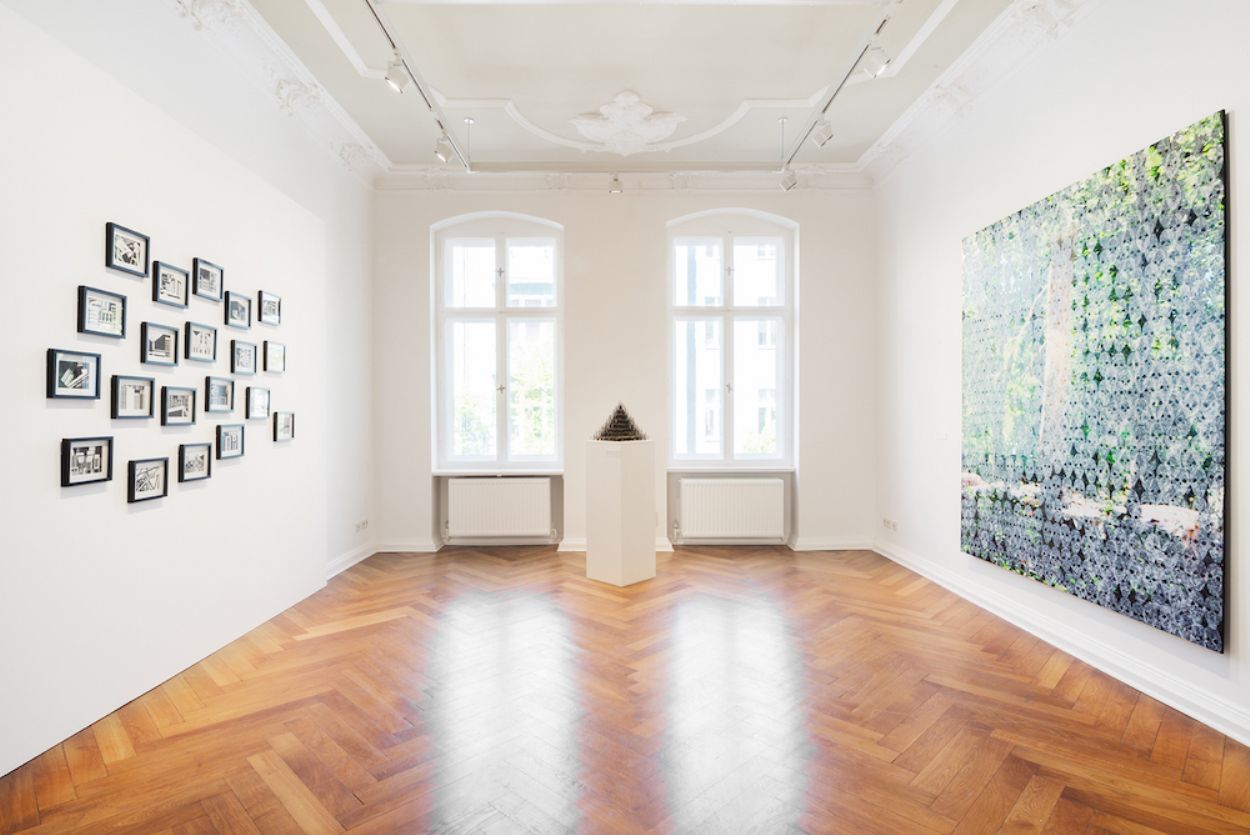
.jpg)
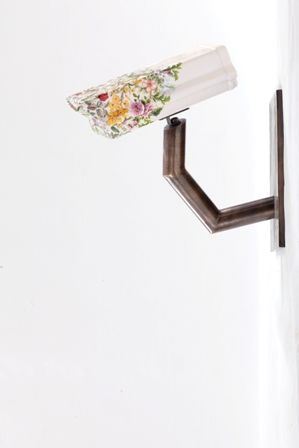
.jpg)

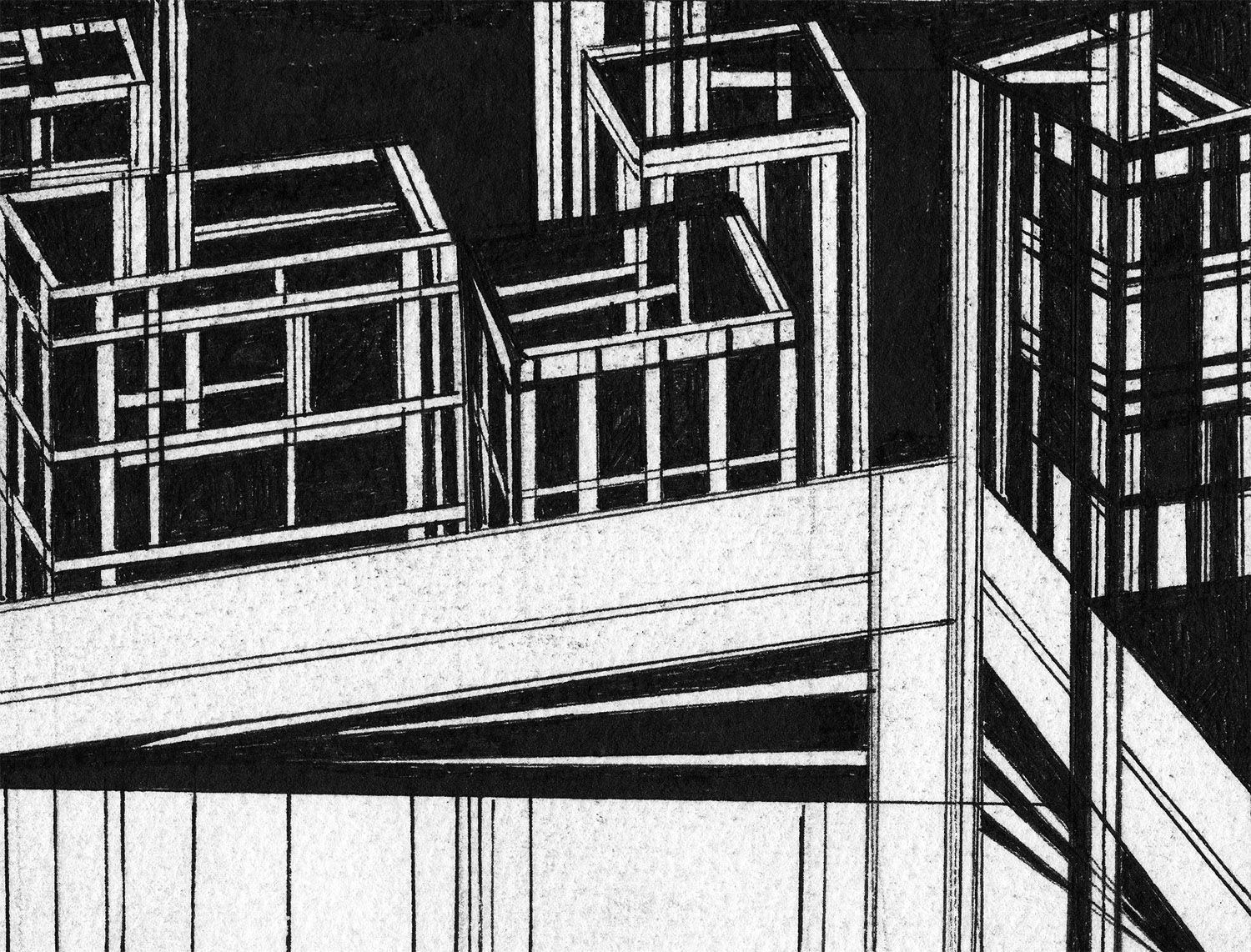
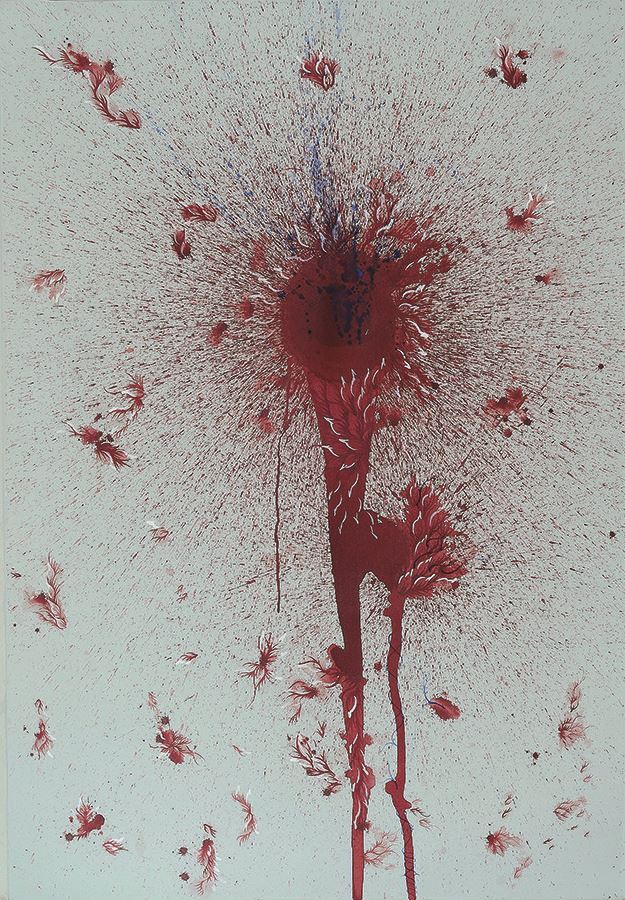
.jpg)
.jpg)
.jpg)
.jpg)
.jpg)
.jpg)
